Strengthening women’s economic resilience: a global learning exchange in Indonesia
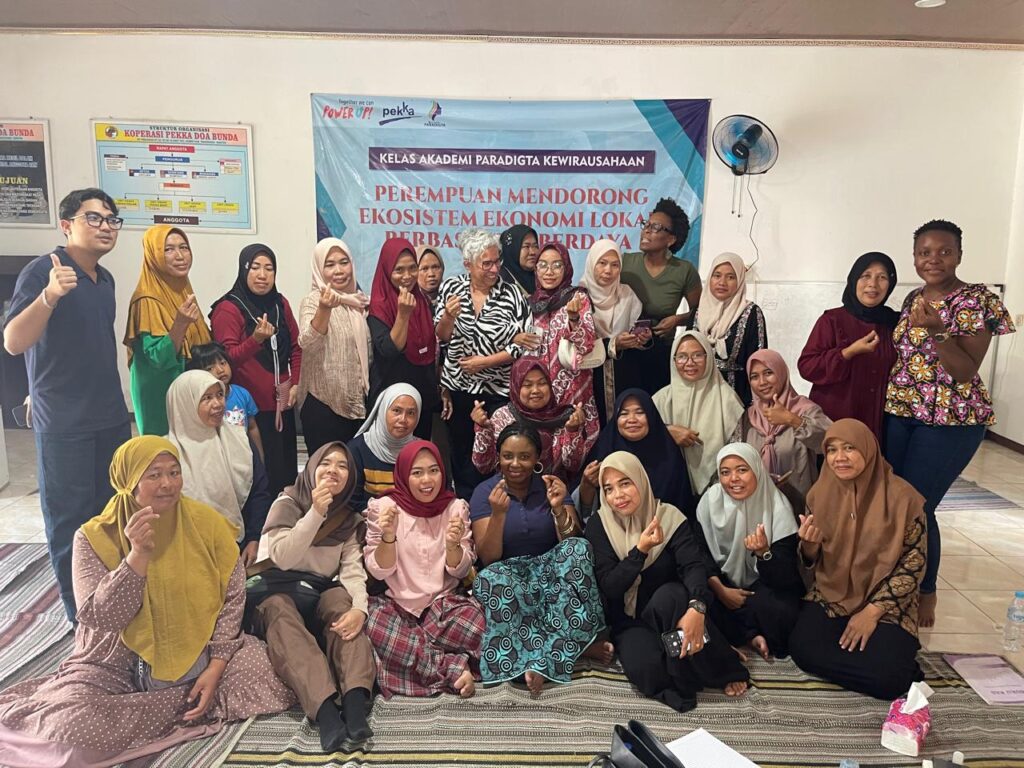
Between 17 and 23 November 2024, Gender at Work co-organised an inspiring learning exchange as part of the Power Up! programme—a five-year initiative aimed at supporting womxn-led collectives, movements, and […]
Feminist School: a conversation with Aayushi Aggarwal and Khanysa Mabyeka
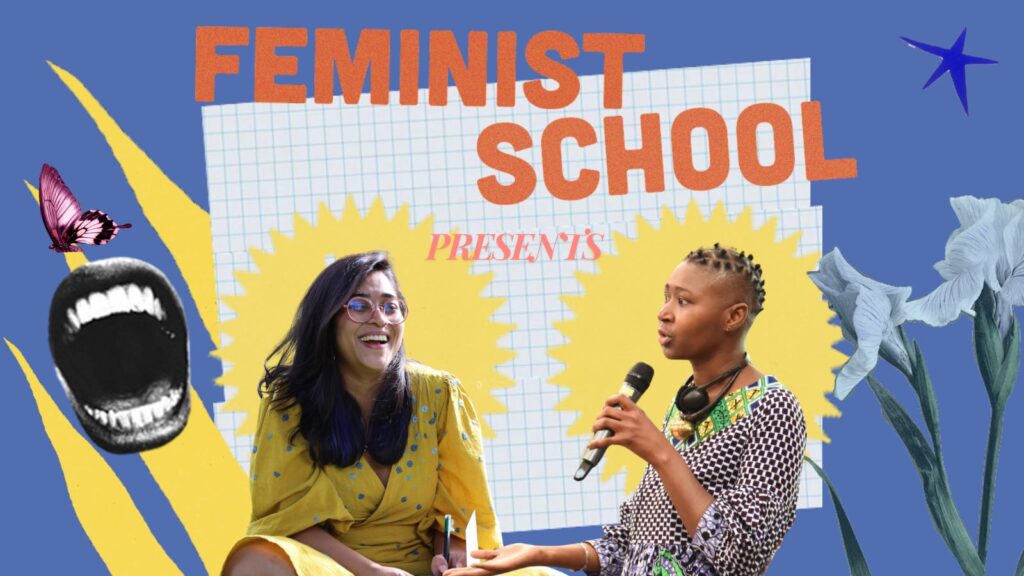
Co-created by Gender at Work and the United Nations Girls’ Education Initiative (UNGEI), Feminist School (FS) is a dynamic and immersive learning experience that draws on feminist pedagogical methodologies to […]
Facilitators go on journeys, too!
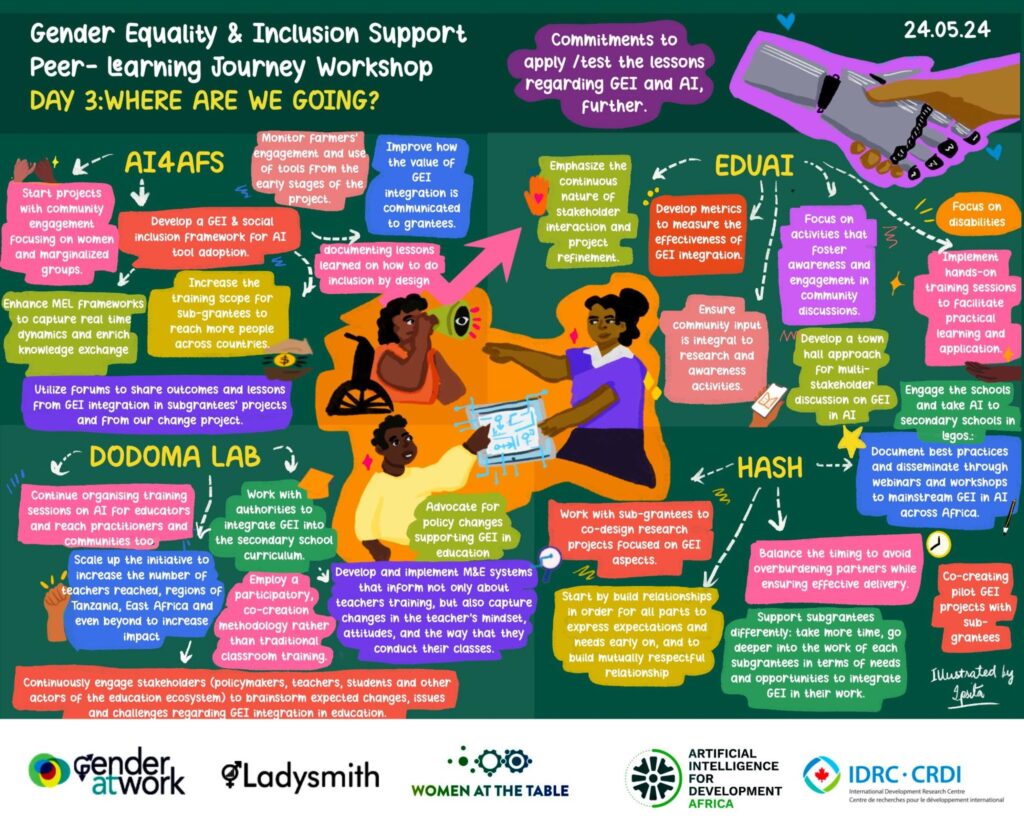
This is the final blog in the “Keeping the light on: Reflections on GEI and AI in Africa” series. The writing from this series emerged from a “writeshop” organized by […]
My Journey: a short reflection on my PLJ/GEI path
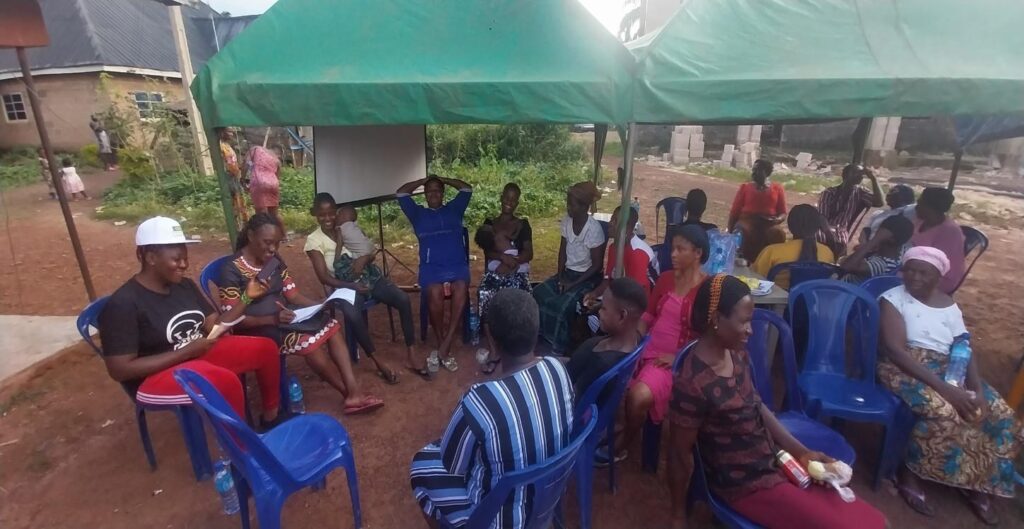
This is the sixth blog in the “Keeping the light on: Reflections on GEI and AI in Africa” series. The writing from this series emerged from a “writeshop” organized by […]
Putting myself in the shoes of another

In this fifth blog in the “Keeping the light on: Reflections on GEI and AI in Africa” series, Dr Elizabeth Oseku, project coordinator for the Hub for Artificial Intelligence in […]
Integrating gender equality and social inclusion in my AI4D Research journey

In this fourth blog in the “Keeping the light on: Reflections on GEI and AI in Africa” series, Gloriana Monko, an avid AI practitioner, PhD researcher and Liaison Manager/Gender Coordinator […]
I felt a light shine on me: my GEI AI4D integration journey

In this third blog in the “Keeping the light on: Reflections on GEI and AI in Africa” series, Thummim Iyoha-Osagie, a Lawyer, PhD Student, and Research Program Manager at the […]
My journey integrating gender equality and social inclusion in the AI4D Research
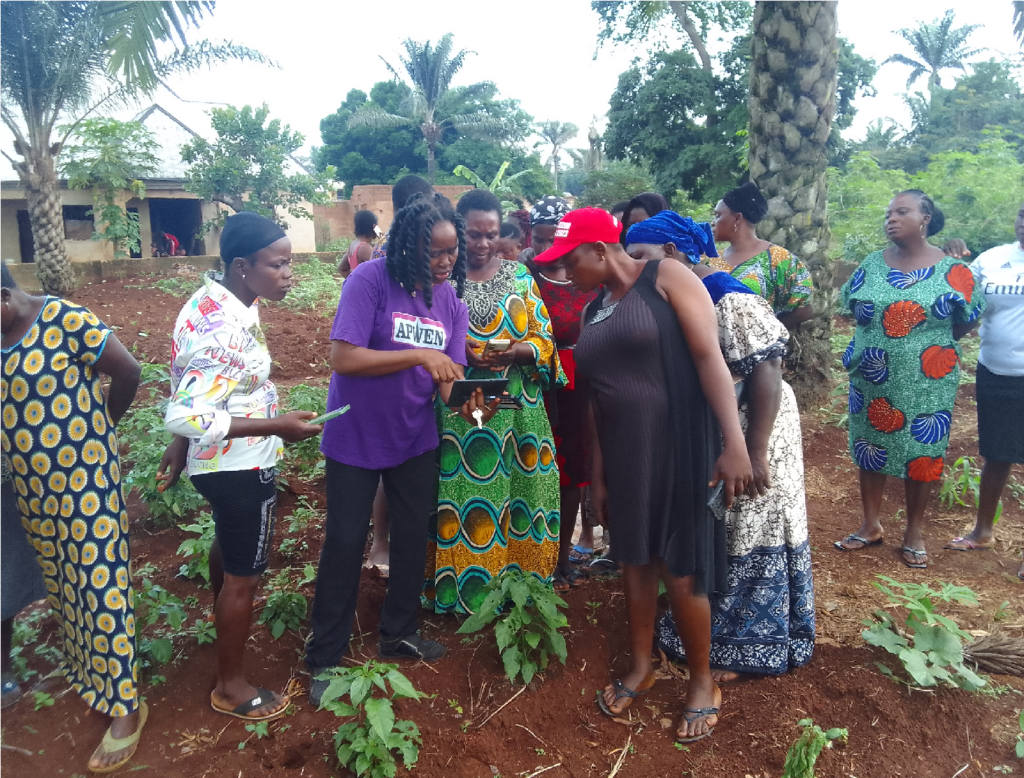
I was born in a family of three and was blessed with two sisters. I grew up with traditional cultural beliefs: that girls and women are assigned specific tasks, type and level of education to be attained, and are told what leadership positions they are suited for.
Misconceptions and divides: my previous experience with GEI integration in research

I used to perceive gender equality and inclusion (GEI) as a concern only for those at higher levels of power, such as political and corporate leaders, research scientists and others. I also assumed it applied to situations where gender balance is emphasized if not mandatory, such as in academia when considering postgraduate student enrollment. My misconception may have been due to so much campaigning about GEI integration at these levels, particularly the rule in African parliaments that no more than two thirds of its members may be of the same gender.
What does it take to achieve integration of gender equality and inclusion (GEI) in AI4D research?

While AI is a compelling tool for research, the reality of implementing AI fairly and equitably is more challenging. Discover how we are addressing this through the AI4D project.
